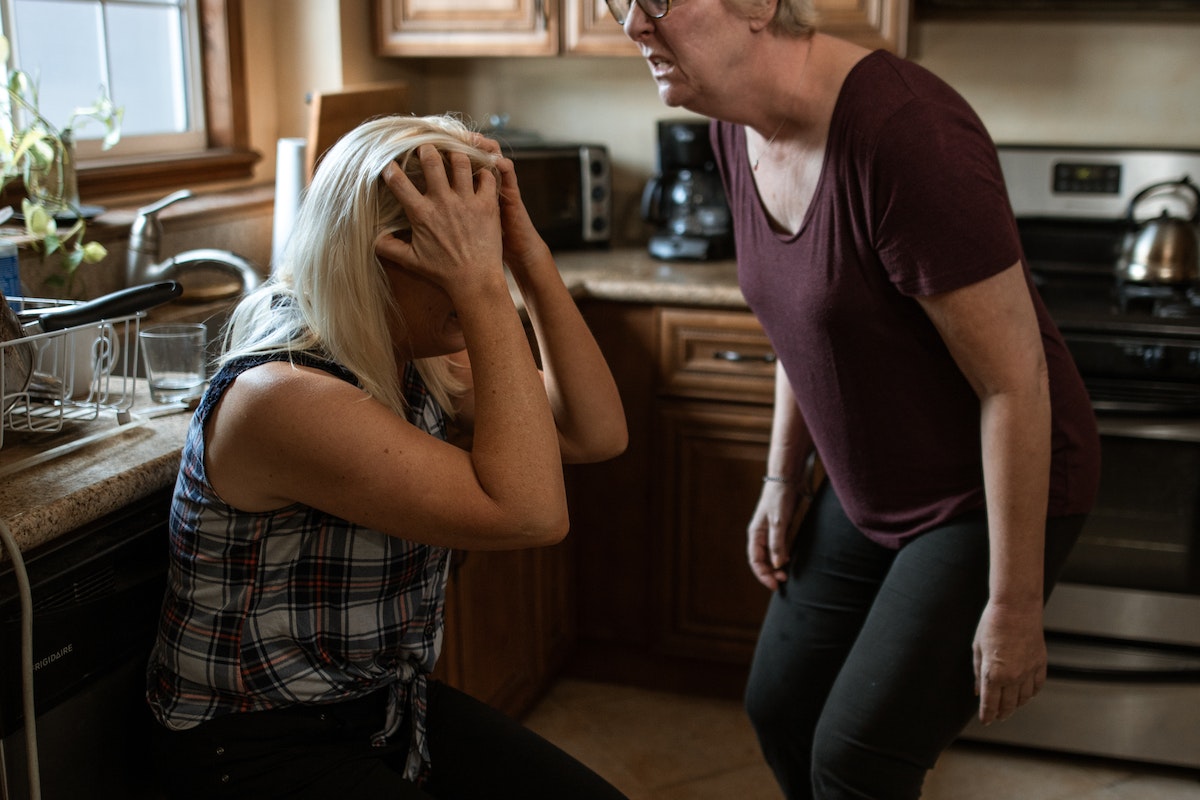- Domestic violence is a widespread issue that affects millions of people in the U.S. each year, with physical, emotional, and psychological harm caused.
- Laws such as the Violence Against Women Act (VAWA) and Family Violence Prevention and Services Act (FVPSA) provide resources to combat domestic violence.
- The Child Abuse Prevention and Treatment Act can protect children exposed to domestic abuse.
- Every state has laws addressing domestic violence, including restraining orders prohibiting contact and supervised visitation for child custody issues.
- Victims of abuse can access emergency housing assistance, job protection services, financial aid, hotlines, counselors, and other forms of assistance.
Domestic violence is a widespread problem in the United States, affecting millions yearly. Victims of domestic violence often face physical, emotional, and psychological harm from their abusers. The consequences of domestic violence can be devastating, not only for the victims themselves but for their families, children, and future generations. Fortunately, the United States has laws that protect victims of domestic abuse and hold perpetrators accountable for their actions. Here’s what you need to know about domestic violence in the country, laws protecting people from abuse, and how to get away from your abuser using these laws.
Domestic Abuse in The U.S.
The number of domestic abuse has decreased throughout the years. However, it’s estimated that one American experiences domestic abuse every 20 minutes. About 10 million adults and 1.5 million children are victims of domestic violence annually in the United States alone.
Domestic abuse spans all relationships, including married couples, former spouses, dating partners, family members, and roommates. Domestic abuse can come from physical or emotional violence or control. It may take place within a single incident or may extend over some time.
Laws Protecting Victims of Domestic Abuse in the U.S.
The United States has laws designed to protect domestic violence victims and hold perpetrators accountable for their actions. Here are some laws protecting people against abuse:

The Violence Against Women Act
The Violence Against Women Act (VAWA) is a landmark legislation enacted in 1994. Its purpose is to provide federal resources to combat domestic violence, sexual assault, and stalking. VAWA has provisions that address issues such as gun violence, immigration, and housing discrimination. It also provides funding for training programs and victim services. The law has been reauthorized several times and has helped to improve the response to domestic violence in the U.S.
The Family Violence Prevention and Services Act
The Family Violence Prevention and Services Act (FVPSA) is another important law that addresses domestic violence in the U.S. The FVPSA funds states and territories for programs that help victims of domestic violence and their children. The law requires states to establish domestic violence shelters and other victim services. The FVPSA has been instrumental in providing critical support to victims trying to escape violent situations.
Additionally, this act helps it easier to gain child custody if you can prove that you and your child are being abused. A child custody attorney can help you with this. They can represent you in court and help you take the necessary steps to protect your child.
The Child Abuse Prevention and Treatment Act
The Child Abuse Prevention and Treatment Act (CAPTA) is not specifically a domestic violence law, but it can be used to protect children exposed to domestic violence. CAPTA provides federal funding for programs that prevent child abuse and neglect. The law requires states to have procedures to identify and report child abuse and neglect, including situations where children are exposed to domestic violence.

State Domestic Violence Laws
Every state in the U.S. has laws that address domestic violence. These laws vary in terms of their scope and severity, but they all serve to protect victims and hold perpetrators accountable. In some states, domestic violence is classified as a specific crime; in others, it is considered a form of assault or battery. Domestic violence laws generally provide protective orders prohibiting abusers from contacting or coming near their victims.
The Lautenberg Amendment
The Lautenberg Amendment is a federal law prohibiting people convicted of domestic violence from owning firearms. The law was enacted in 1996 and has successfully prevented domestic violence homicides. The Lautenberg Amendment also applies to people subject to restraining orders or convicted of misdemeanor crimes of domestic violence.
Getting Away from an Abuser Using Laws
If you are a victim of domestic violence, it is essential to understand the laws in your state that can help protect you. Many states have criminal orders of protection or restraining orders that can be used to keep abusers away from victims and their children. These orders can include prohibiting the abuser from coming near the victim or contacting them and requiring supervised visitation if the abuser has custody of a child.
Additionally, domestic violence victims may be able to access other forms of legal protection, such as emergency housing assistance, job protection services, and financial aid. It is essential to seek help from an experienced attorney who can guide you through these processes.
Finally, remember that it is never too late for someone to leave an abusive relationship. Know your options and get help if you are being abused. Many resources are available to domestic violence victims in the United States, including hotlines, counselors, therapists, shelters, and other support services. Do not hesitate to reach out for help if you are a victim of domestic violence.



